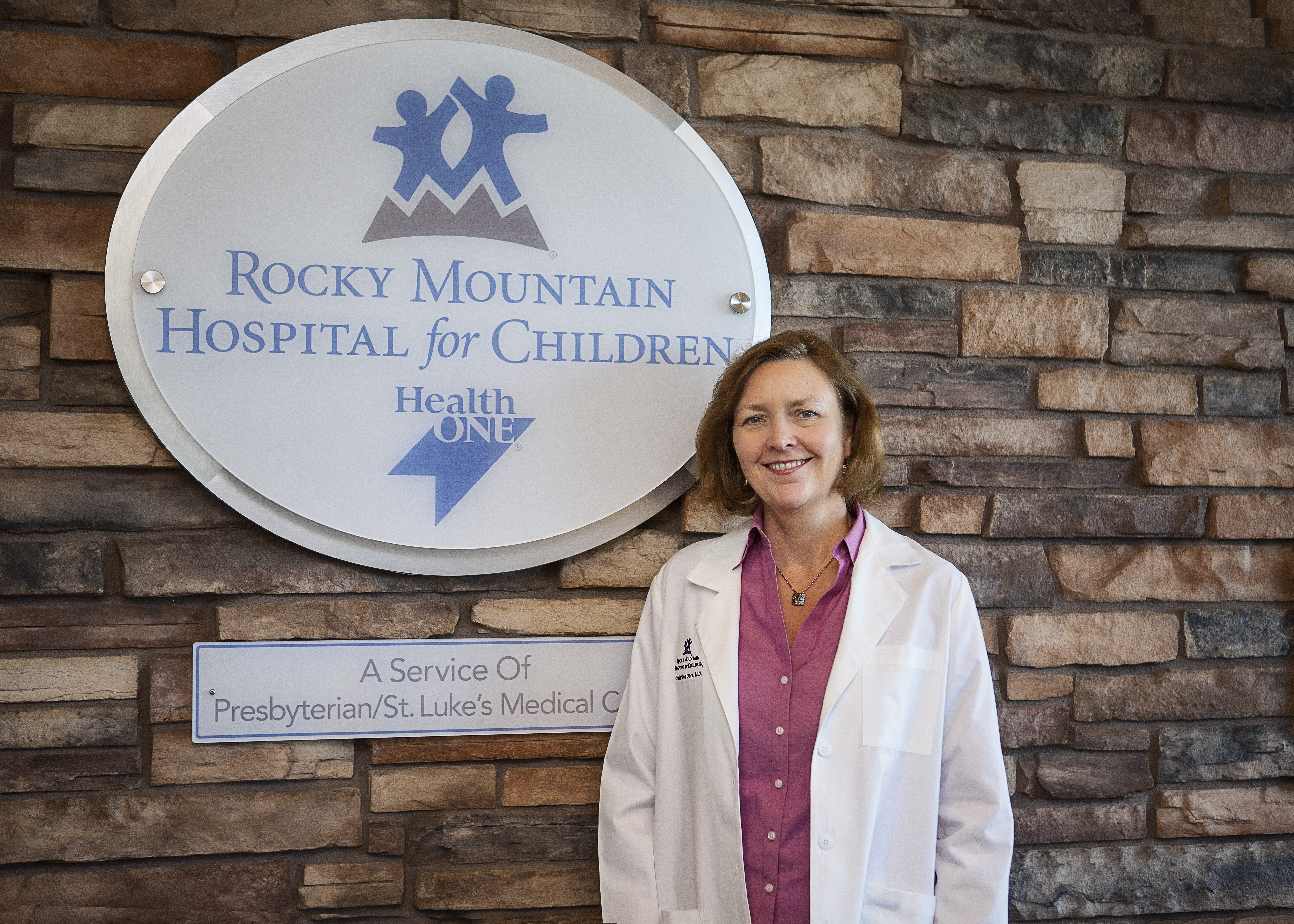Emergency 101: Doctor offers advice for babysitting grandparents | by

Sleepovers with grandkids rank high on the cherished-moments list for most grandparents. But when the tea parties and story times give way to high fevers and broken bones, being in charge can create anxious moments instead. Dr. Christine Darr, medical director of the Pediatric Emergency Department at Rocky Mountain Hospital for Children, offers some tips for decreasing that anxiety when emergency trips are required.
What are some common reasons grandparents bring children to you?
We frequently see drug ingestions or other accidental poisonings. Sometimes, when grandparents are visiting or babysitting, they have their medications in their bag or purse, which they might leave on a chair or somewhere else accessible to kids. Other times, when kids are being watched in their grandparents’ homes, the homes might not be safety-proofed for grandchildren.
What are some things parents can do to make emergencies easier for grandparents?
They should tell grandparents or any babysitters how to reach them and leave other important information, such as the number for the children’s pediatrician, which emergency department to take them to, a list of medicines and medical conditions the children have, and written permission to seek and give consent for medical care for the children. Typically, a parent will call the primary care provider if they are worried about a child. Grandparents should do that, too.
What if the child needs to go to an emergency department, and the grandparents do not have a signed consent?
In the emergency department, we will always treat a patient right away in a life-threatening situation,; however, if it’s not life-threatening, we will wait for parent consent prior to beginning treatment, which can be done over the phone if needed.

Dr. Christine Darr, medical director of the Pediatric Emergency Department at Rocky Mountain Hospital for Children
What are some signals for grandparents that emergency care is needed?
If the child is breathing hard, not waking up, won’t stop crying, has severe pain or has a significant change in behavior. Also, lacerations, broken bones and high fevers not responding to fever reducers. If grandparents are not sure if they should take a grandchild to the emergency department, they should call the child’s pediatrician for advice.
You said parents should specify their emergency department. Why?
If a child is critically ill, an ambulance crew is going to take the child to the closest emergency department. But let’s say, for example, the child has a febrile seizure which has stopped, which 2 to 5 percent of children with fevers do. Then grandparents can ask for a certain emergency department. Often, a parent’s choice is based on insurance and a pediatrician’s recommendation that kids go to a pediatric emergency department where there is specialized pediatric emergency care.
Is there anything else you would add?
It is important for parents to let grandparents know what parenting rules are important for the grandparents to follow. Some things such as car-seat rules, diet recommendations, and infant sleep positions have changed since grandparents were parents. And some parents feel strongly about things like diet or sleep patterns, so they should tell the grandparents those things that are important to them. On the other hand, they shouldn’t micromanage or criticize grandparents on the little things. Babysitting their grandchildren should be an enjoyable experience.
Visit: www.rockymountainhospitalforchildren.com
Tags: Rocky Mountain Hospital for Children
Comments
Leave a Comment
Please be respectful while leaving comments. All comments are subject to removal by the moderator.


My grandmother isn’t doing too well at the moment and she has an aid to help her on the weekdays. But her grandchildren are helping out on the weekends.I liked that you explained that we might need to get some signed consent forms ready that say grandkids can decide treatments for her.
Thank you Ivy. I’m sure your kids help your mom in ways an aid never could. Wishing you and your family all the best. Pete